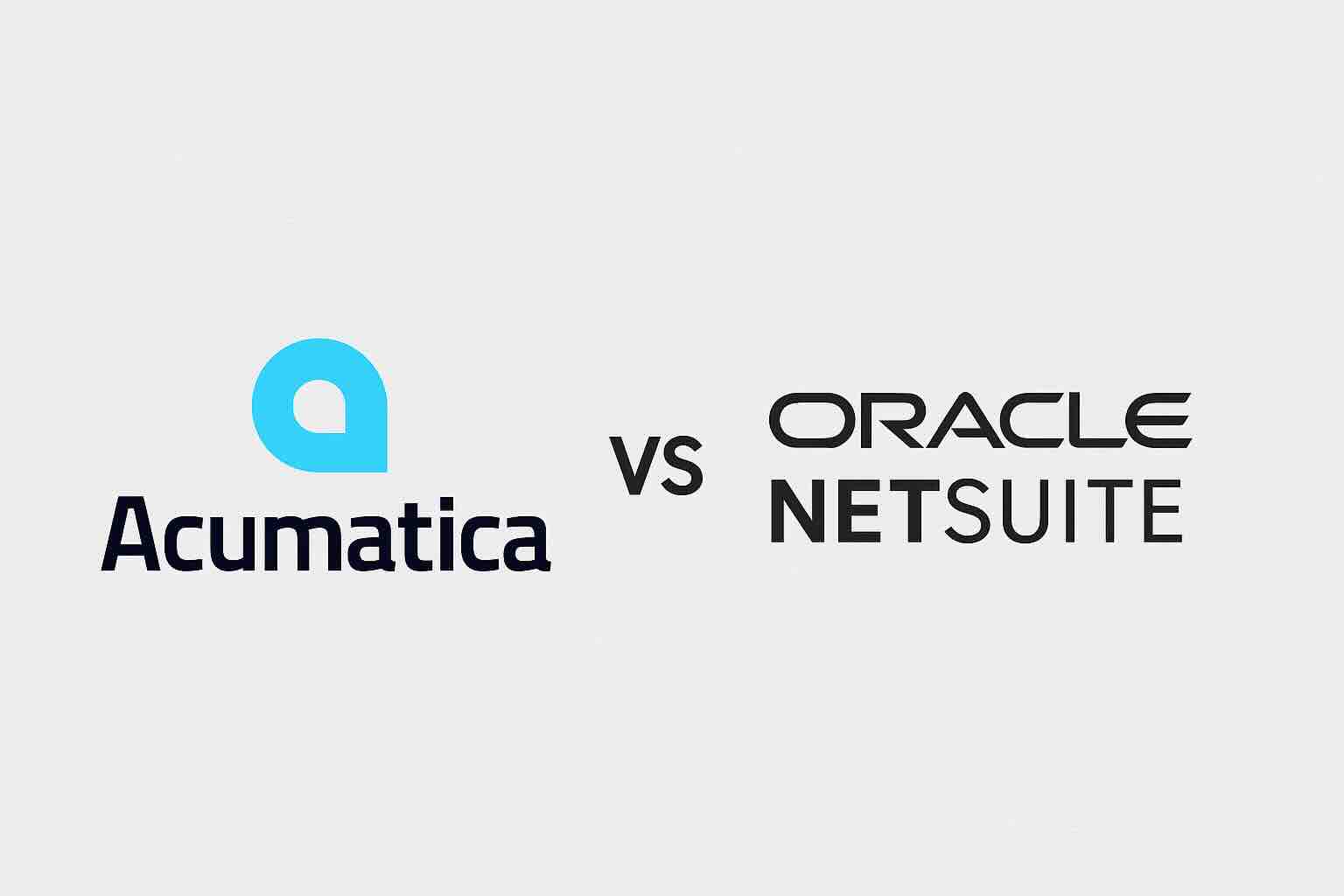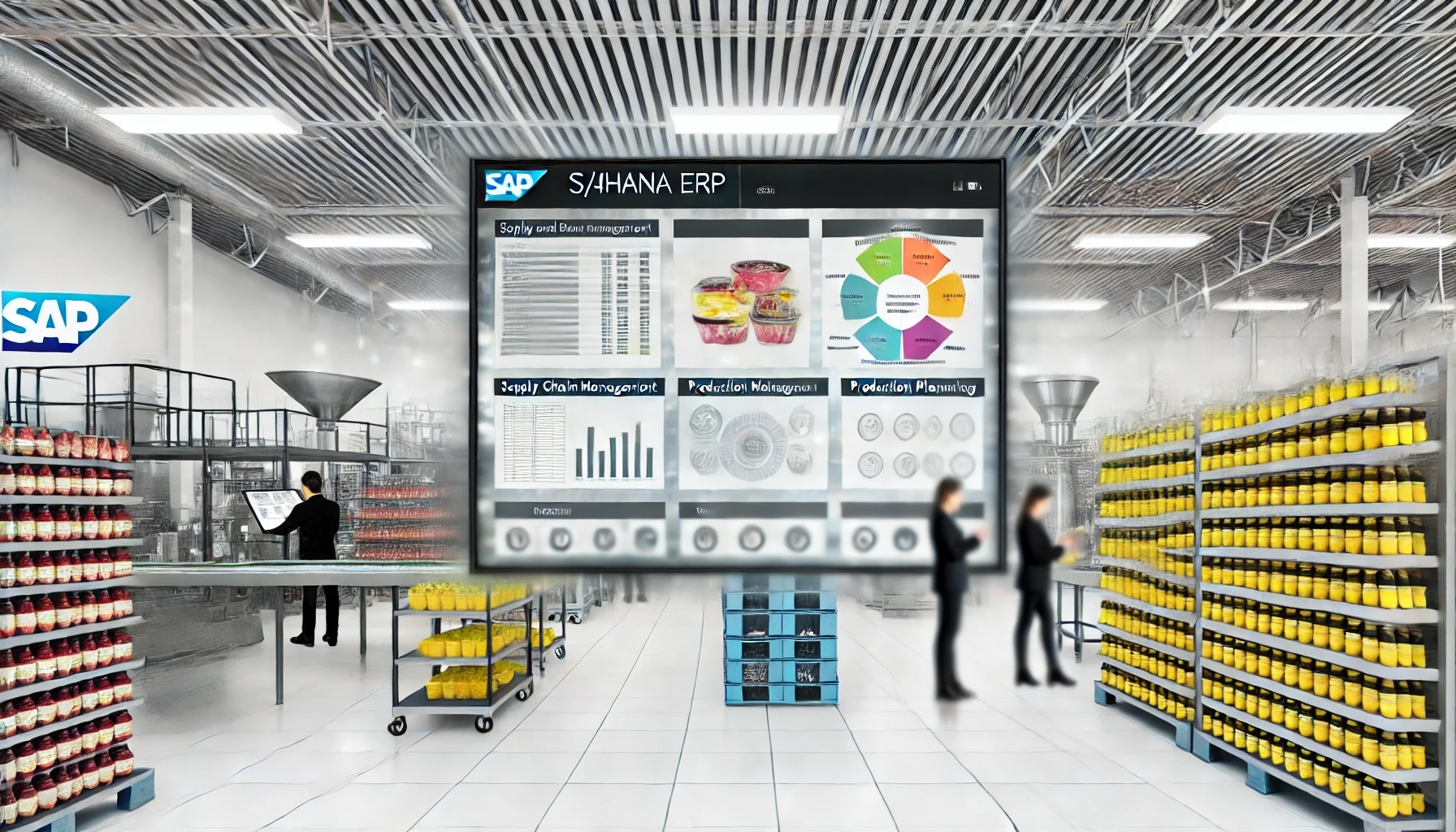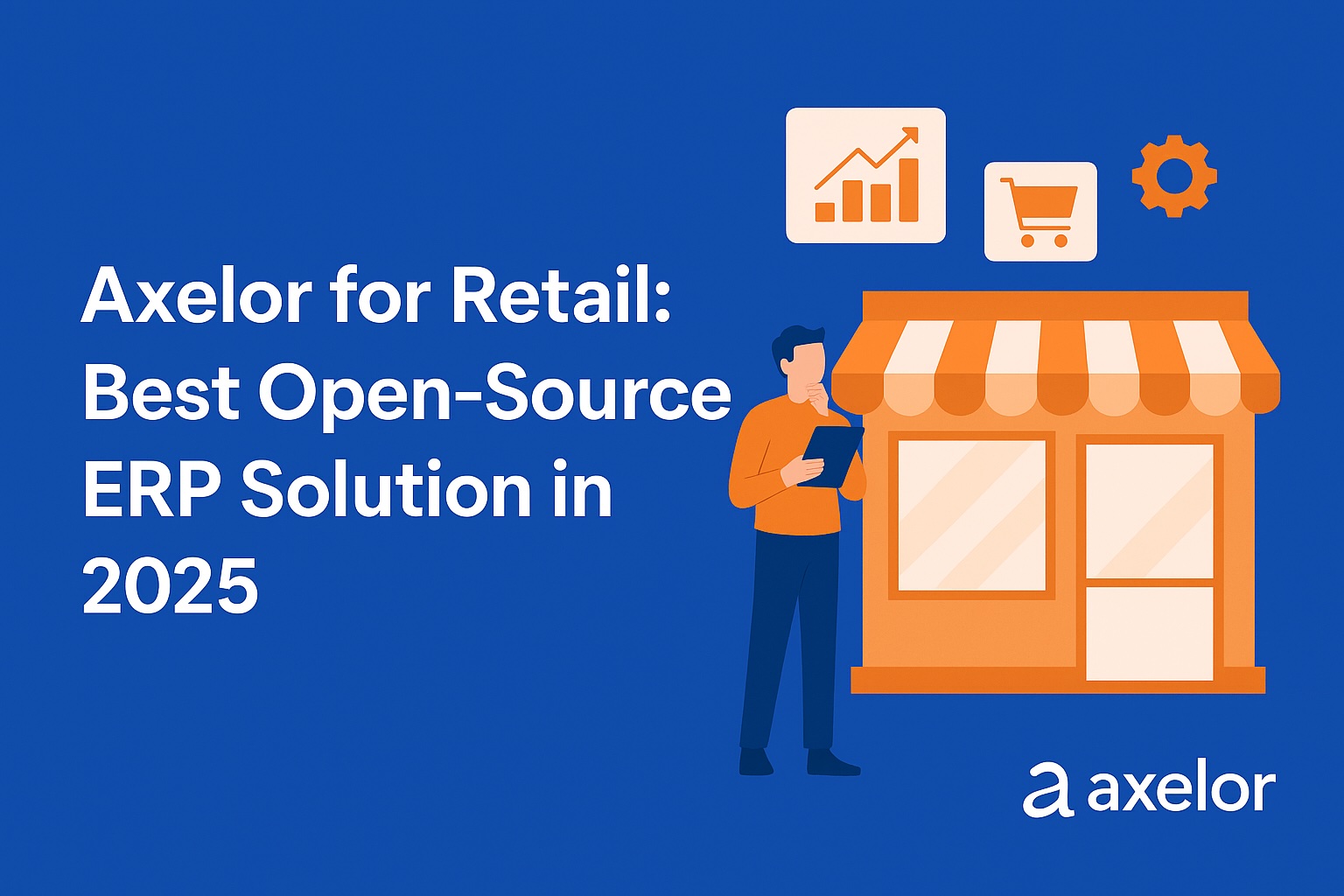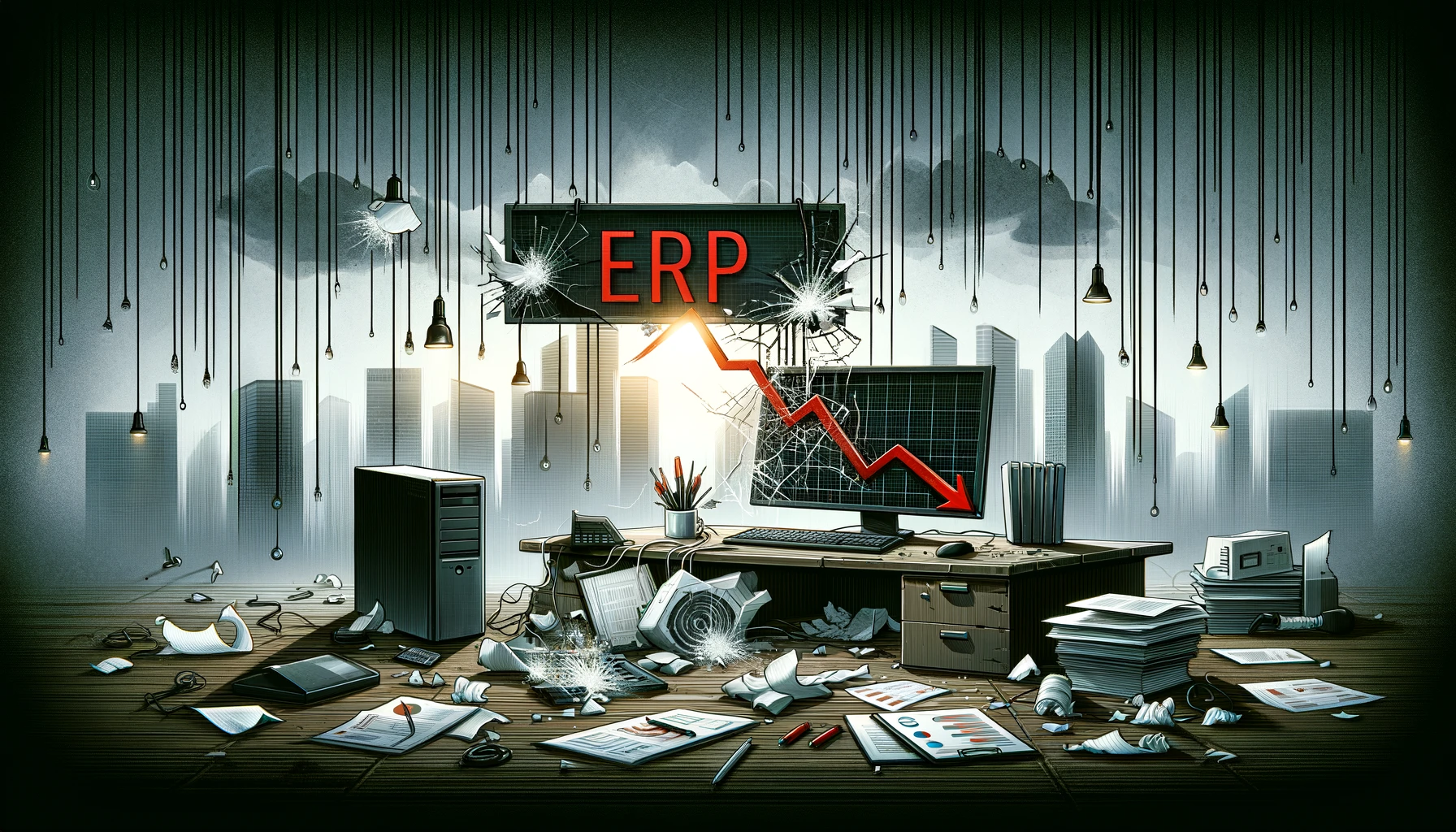Is QAD the Best ERP for Distribution Businesses?

In the fast-paced world of distribution, businesses require an Enterprise Resource Planning (ERP) solution that seamlessly integrates their supply chain, manages inventory, and supports customer demands. Among the myriad of ERP systems available, QAD has carved out a reputation as a solution tailored for manufacturing and distribution industries. But is QAD truly the best ERP for distribution businesses? Let’s dive into its features, benefits, and potential drawbacks to assess its fit for your operations.
What is QAD?
QAD is a cloud-based ERP software designed primarily for manufacturing and distribution enterprises. With modules that cover everything from supply chain management to financials, QAD positions itself as a comprehensive solution for organizations looking to streamline operations, enhance decision-making, and scale effectively.
For distribution businesses, where agility and efficiency are paramount, QAD’s emphasis on supply chain visibility, inventory optimization, and customer service can be a game-changer. But like any ERP system, its suitability depends on the specific needs of the business.
Key Features of QAD for Distribution Businesses
- Inventory Management and Optimization
QAD offers advanced tools for real-time inventory tracking, demand forecasting, and replenishment. Its focus on minimizing stockouts and overstock scenarios makes it ideal for distribution companies juggling large product catalogs and fluctuating demand patterns. - Supply Chain Visibility
In the distribution sector, the ability to track goods across the supply chain is critical. QAD provides robust analytics and tracking capabilities that allow businesses to monitor shipments, anticipate delays, and optimize routes for timely deliveries. - Cloud-Based Flexibility
As a cloud-native ERP, QAD allows distribution businesses to scale their operations without significant upfront investments in hardware. Its cloud architecture also ensures easy updates and accessibility from anywhere, enabling remote teams to stay aligned. - Customer Management
QAD’s customer relationship management (CRM) tools integrate directly with its ERP modules. This allows businesses to track orders, manage customer interactions, and provide better service—key differentiators in the competitive distribution landscape. - Regulatory Compliance
Distribution businesses often operate across borders, requiring adherence to various regulatory frameworks. QAD helps businesses stay compliant with built-in tools for documentation, audit trails, and industry-specific certifications.
Benefits of Using QAD in Distribution
- Improved Efficiency
QAD automates many labor-intensive processes such as order entry, inventory counts, and demand forecasting. This leads to fewer errors and a more streamlined workflow. - Enhanced Decision-Making
QAD’s advanced analytics tools provide insights into operational bottlenecks, customer behavior, and market trends. These insights empower managers to make data-driven decisions that drive growth. - Scalability
Whether you’re a regional distributor or a global enterprise, QAD’s cloud infrastructure supports businesses of all sizes. Its modular approach allows companies to add or remove functionalities as their needs evolve. - Integration with Industry 4.0
Distribution businesses aiming to embrace Industry 4.0 will find QAD’s IoT (Internet of Things) and automation capabilities invaluable. These tools allow for predictive maintenance, real-time tracking, and integration with smart warehouses.
Potential Challenges of Using QAD for Distribution
- Implementation Complexity
Like any robust ERP system, QAD requires a significant investment of time and resources during the implementation phase. Distribution businesses must allocate skilled personnel and sufficient training to ensure a smooth rollout. - Customization Costs
While QAD offers a range of functionalities out-of-the-box, highly specialized distribution businesses may require customizations, which can add to the total cost of ownership. - Learning Curve
QAD’s extensive capabilities can be overwhelming for teams unfamiliar with ERP systems. Investing in comprehensive training is crucial to maximize its potential. - Cost Considerations
While QAD’s cloud-based model reduces upfront costs, subscription fees and add-ons can be a concern for smaller distribution businesses with tight budgets.
Is QAD the Best Fit for Your Distribution Business?
QAD is undoubtedly a powerful ERP solution, but whether it’s the best for your distribution business depends on several factors:
- Business Size and Scope
QAD excels for mid-sized to large distribution businesses with complex operations. For smaller businesses, its extensive features may feel excessive. - Industry Focus
Distribution companies dealing with regulated industries (e.g., pharmaceuticals, automotive parts) will benefit greatly from QAD’s compliance tools. However, businesses in less regulated markets might find comparable ERP solutions at a lower cost. - Future Growth Plans
If your business plans to expand into global markets or integrate cutting-edge technologies like IoT, QAD’s scalability and Industry 4.0 features make it an excellent long-term investment.
QAD vs. Competitors in the Distribution Sector
Several ERP systems, including SAP Business One, Oracle NetSuite, and Microsoft Dynamics 365, compete with QAD for dominance in the distribution space. While QAD shines for manufacturing-focused distributors, businesses seeking a highly customizable or user-friendly ERP might lean toward Oracle NetSuite or Microsoft Dynamics 365 instead.
Conclusion: Is QAD Right for You?
QAD is undoubtedly one of the top ERP solutions for distribution businesses, especially those that value supply chain visibility, inventory management, and regulatory compliance. Its cloud-based infrastructure and Industry 4.0 integration make it a future-ready choice for ambitious organizations.
However, the best ERP is one that aligns with your specific business needs, budget, and long-term goals. By evaluating your operational challenges and comparing QAD with its competitors, you can make an informed decision to drive your distribution business forward.
By leveraging QAD for distribution, businesses can unlock new levels of efficiency, scalability, and customer satisfaction—critical factors in a competitive market. Whether or not it’s the “best” ERP ultimately depends on your unique requirements, but it’s certainly a contender worth exploring.
To find out more about QAD you can visit this link.
To compare QAD with 100s of other ERP solutions, you can use our new AI-powered Compare ERP tool. It’s free to use and you get a guaranteed discount on your first year’s licence fees with a referral from Compare ERP.









